Overseas tourists to get tax refunds on shopping
Updated: 2015-07-01 07:12
By SU ZHOU/SHI JING(China Daily)
|
||||||||
Program launched in key cities aims to attract more visitors, increase sales
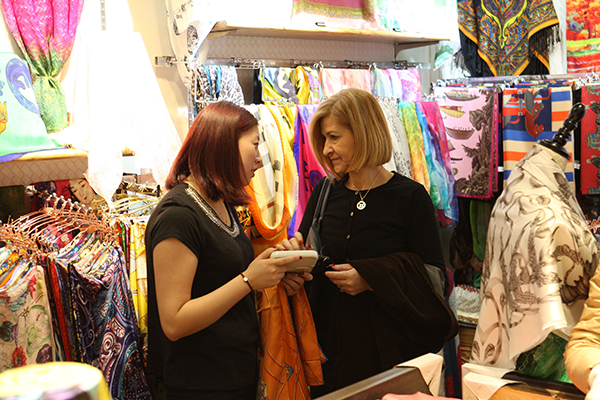 |
|
A foreign tourist bargains for a deal at a market in Beijing. Inbound visitors are able to claim tax refunds on purchases made in China at designated stores, but purchases from private vendors are not eligible. [Photo/China Daily] |
Beijing and Shanghai will offer tax refunds on purchases made by overseas visitors starting on Wednesday, kicking off a program to bolster tourism and sales of some items popular with foreign visitors, such as souvenirs, silk, porcelain and traditional Chinese medicine products.
The rebate program could significantly stimulate the development of Beijing's tourism, which has seen slow growth in spending and a decrease in visitors, said Wang Yue, deputy director of the Beijing Municipal Commission of Tourism Development.
"The tax refund policy is a new step in building Beijing as an internationalized tourism destination," Wang said.
Tourists from overseas, as well as those from Hong Kong, Macao and Taiwan who have lived on the Chinese mainland for no more than 183 days, will be eligible for an 11 percent rebate on consumer goods bought at designated stores.
So far, 86 stores in Beijing and 27 in Shanghai have qualified for the program. The minimum purchase to obtain a tax refund is 500 yuan at any one store in a day.
Offering tax refunds has long been an important way for cities and countries to attract overseas tourists. More than 50 countries and regions have tax refund polices, including the United States, Japan, South Korea, Canada, Brazil and Thailand.
However, Zhang Guangrui, honorary director of the Tourism Research Center at the Chinese Academy of Social Sciences, questioned whether the tax refund program would produce the desired results. He said the biggest obstacle to increasing overseas visitors' spending is a lack of sought-after products.
"Overseas visitors don't come to China for shopping," Zhang said. "Besides, many overseas visitors are bargain-hunters. They want to buy Chinese-made clothing and accessories from flea market vendors where they can get good deals, which is unlikely at the designated stores."
Beijing and Shanghai were chosen as the first Chinese mainland cities to start the program after a tax refund trial in Hainan province.
Wu Xingbao, deputy director of the Shanghai Municipal Commission of Commerce, said the city studied the shopping habits of overseas tourists thoroughly before choosing the 27 participating shops.
"Modern department stores and traditional Chinese brands have both been included. The shops are located in the areas frequented by tourists potentially interested in tax refunds, and large number of businesspeople coming to China for conferences and exhibitions," Wu said.
Next, the two cities will explore the expansion of the tax refund program to more stores and offer processing of refunds outside of airports.
Additionally, Beijing, which added a 72-hour visa-free policy to boost tourism, plans to introduce shopping-tailored tourism routes for overseas visitors.
Contact the writer at suzhou@chinadaily.com.cn
- Mass casualties in Indonesian military plane crash
- Japan's LDP lawmaker denounces Abe's security policies
- More than 100 feared dead in Indonesian military plane crash
- More than 50 may die in Indonesian plane crash
- Japan's Diet gets 1.65m signatures against security bills
- Thailand's first MERS case declared free of deadly virus
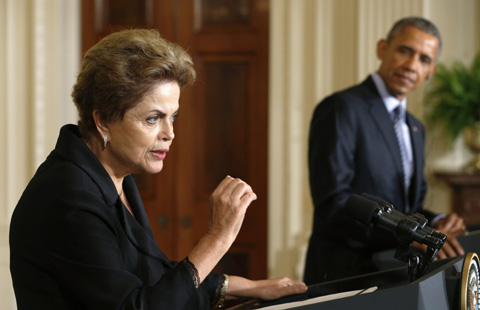
 Obama hails new chapter in US-Brazil relations
Obama hails new chapter in US-Brazil relations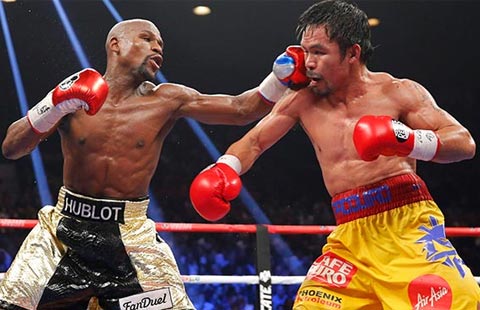
 Boxers top Forbes highest paid celebrities list
Boxers top Forbes highest paid celebrities list
 Not so glamorous: Glastonbury ends with sea of rubbish
Not so glamorous: Glastonbury ends with sea of rubbish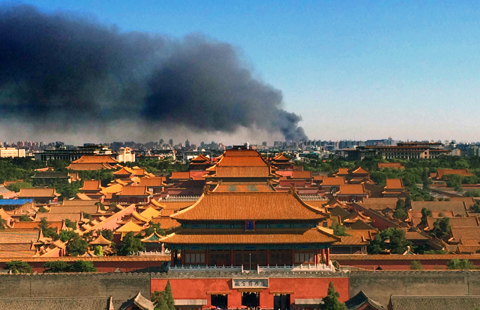
 Ten photos you don't wanna miss - July 1
Ten photos you don't wanna miss - July 1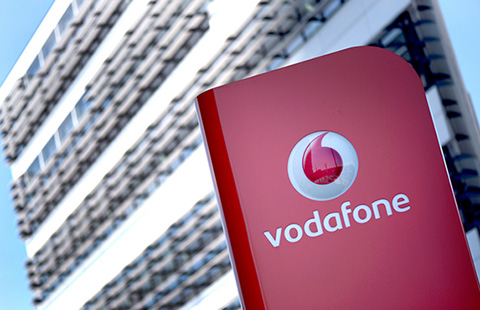
 Top 10 telecom companies in the world 2015
Top 10 telecom companies in the world 2015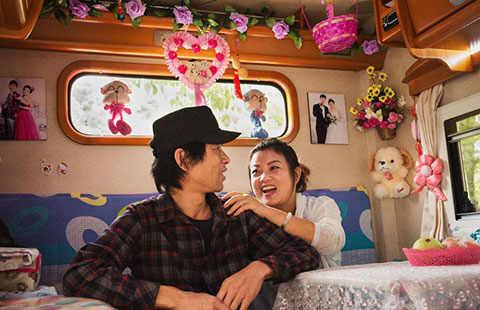
 Homes on the wheels
Homes on the wheels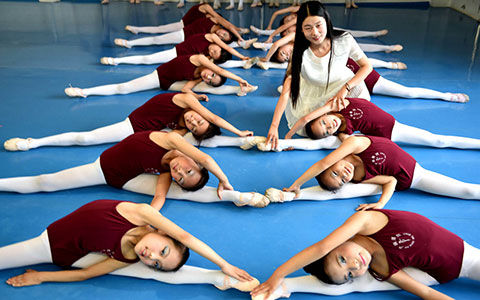
 Ten photos you don't wanna miss - June 30
Ten photos you don't wanna miss - June 30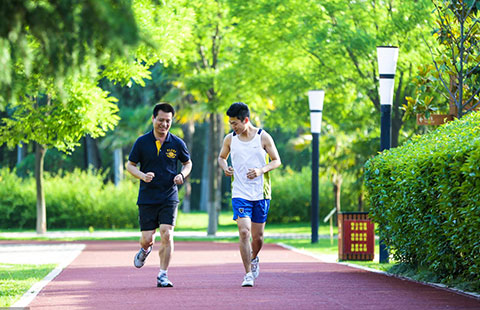
 Man makes run for the money with business
Man makes run for the money with business
Most Viewed
Editor's Picks

|

|

|

|

|

|
Today's Top News
US, Cuba to announce reopening of embassies on Wednesday
China bests MDGS for improved drinking water, sanitation
Can US SMEs afford to log on to Alibaba?
Xiaomi takes first big step outside Asia with Brazil smartphone
Cuba, China wrap up session on biotech cooperation
NYC's Met extends Chinese fashion exhibition
Performance celebrates WWII victory
Taking a business approach to smog
US Weekly

|

|






